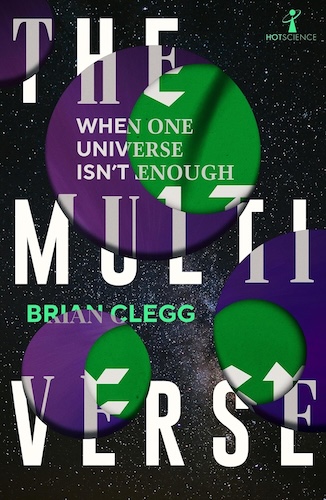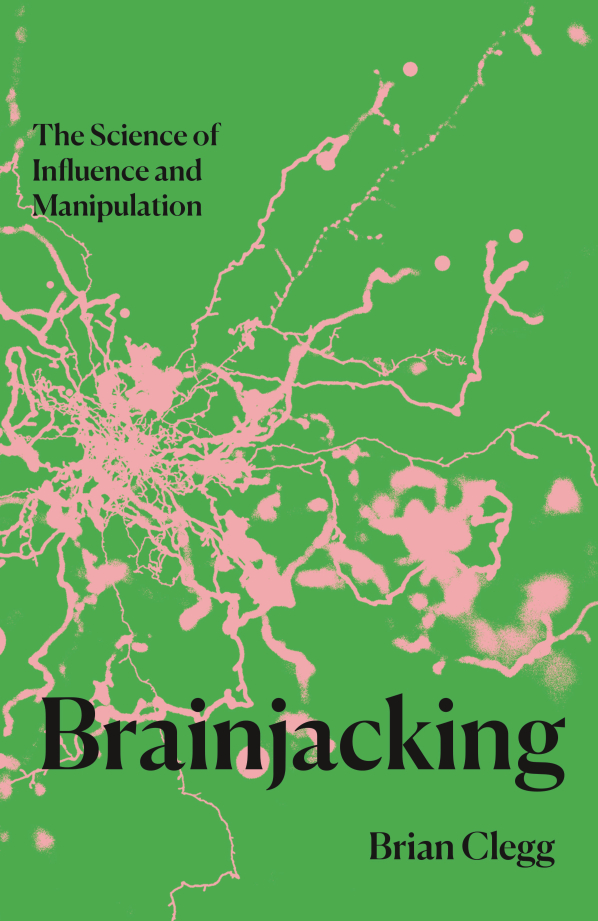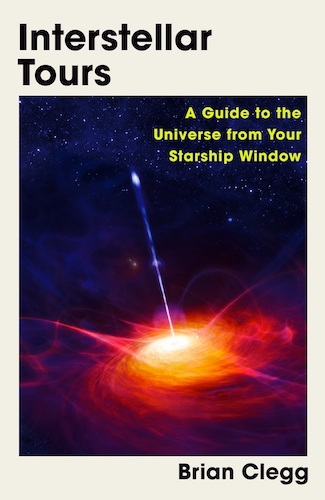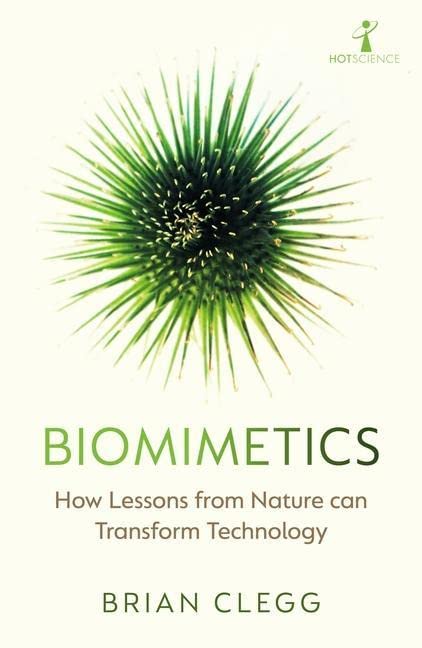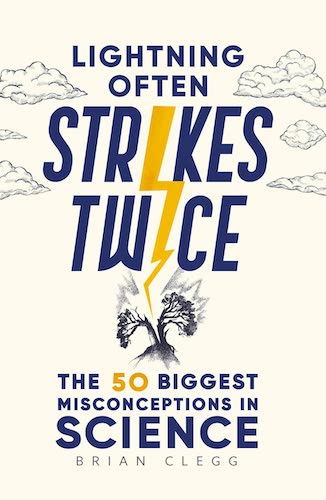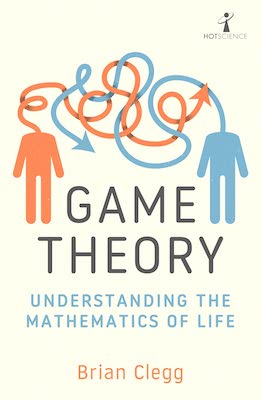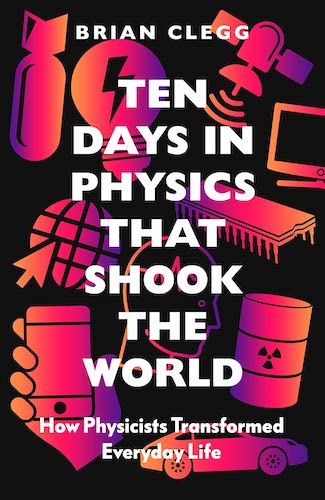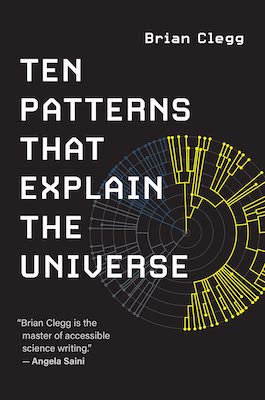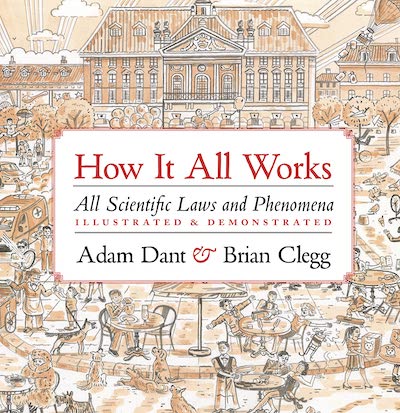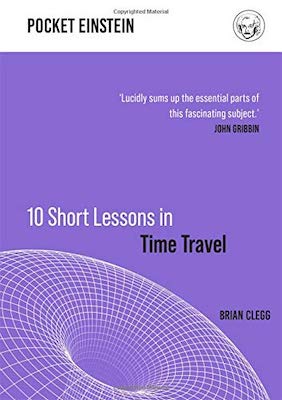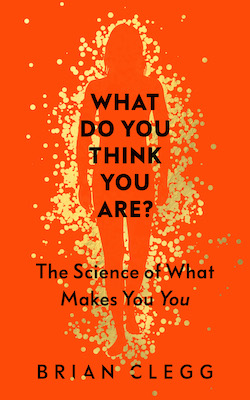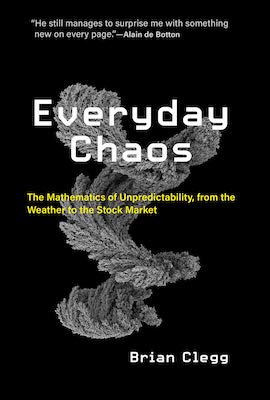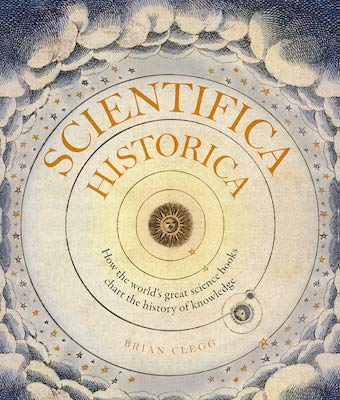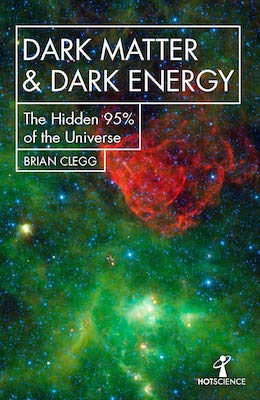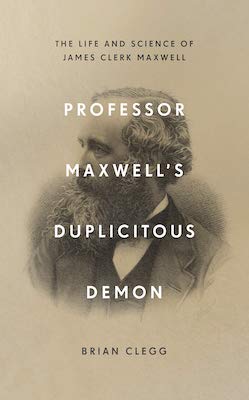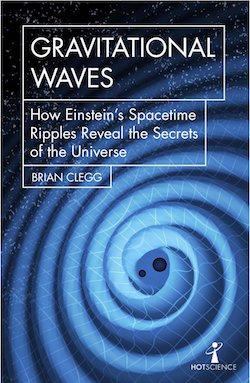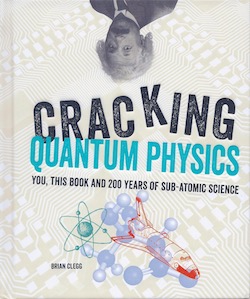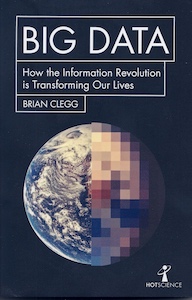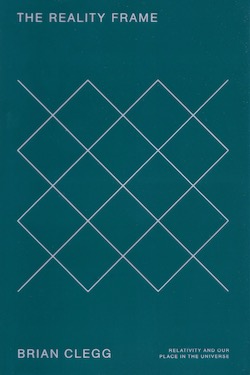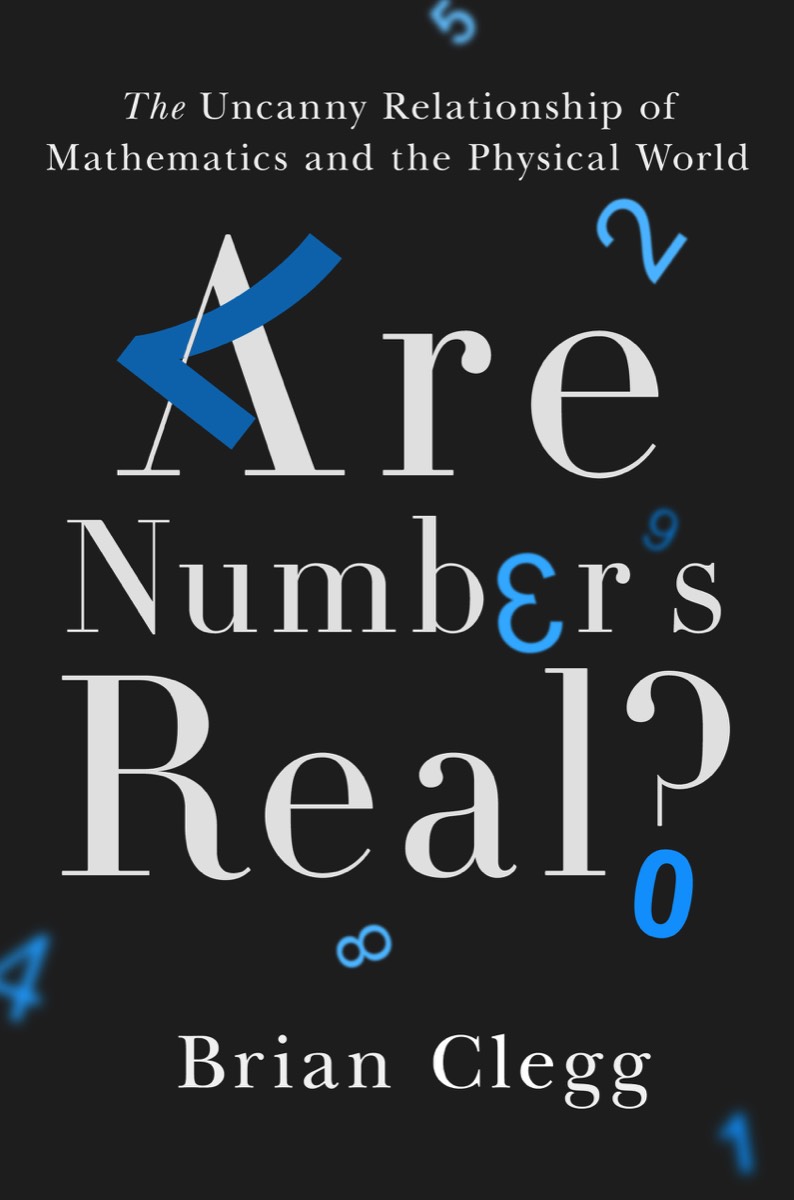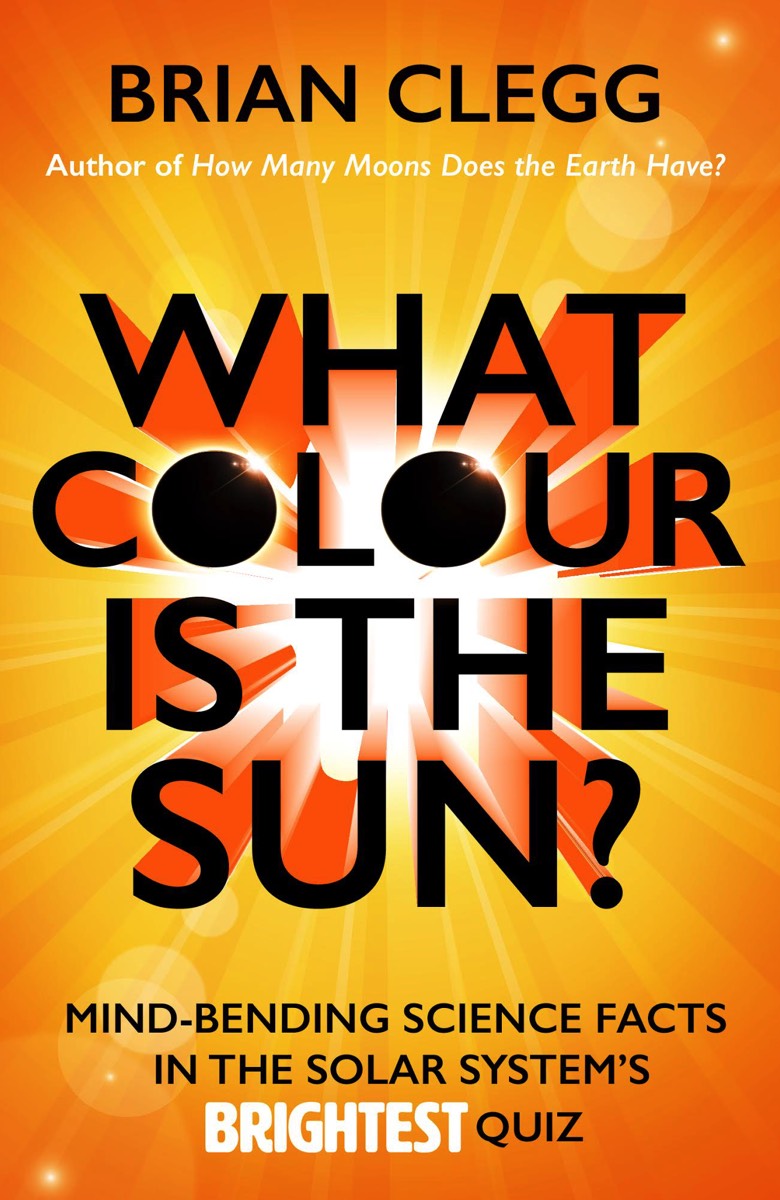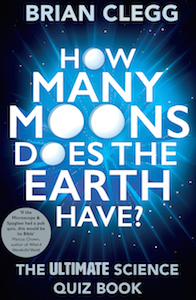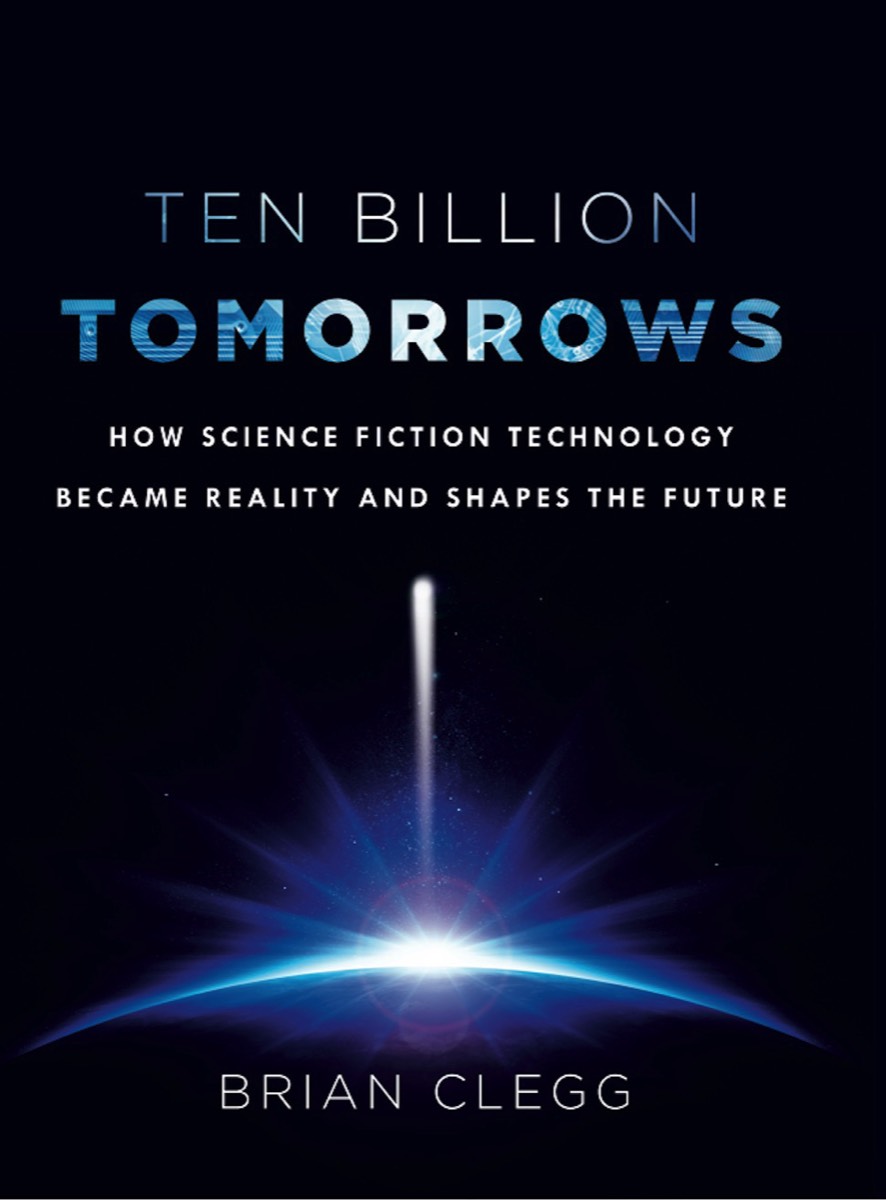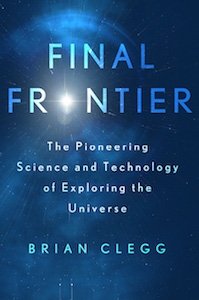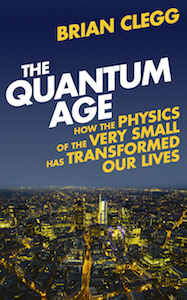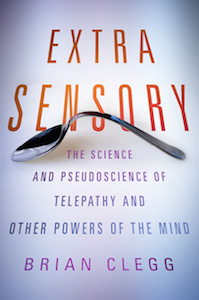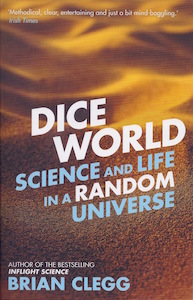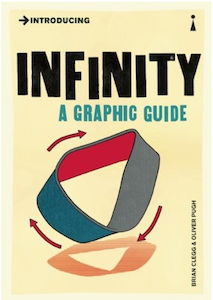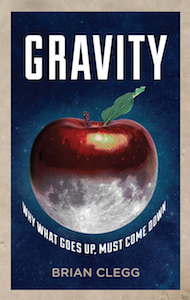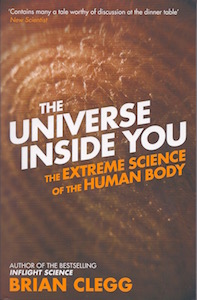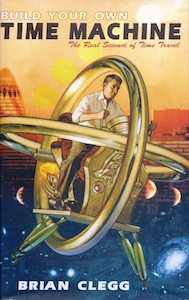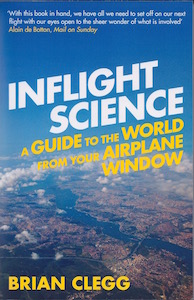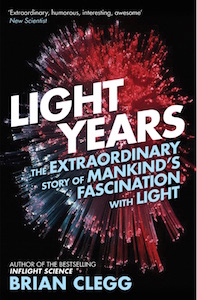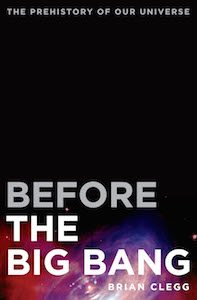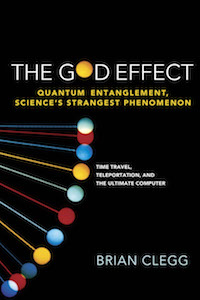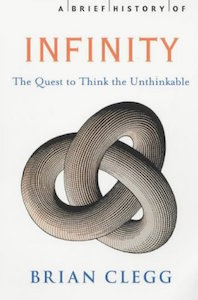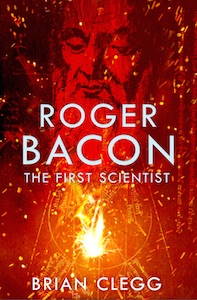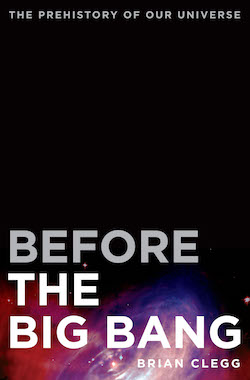
Before the Big Bang
A fascinating read, and one that validates that irresistible urge to ask: "But what came before that?"
Brian Clegg
In 2008, the British Association for the Advancement of Science undertook a major survey to see which science questions the general public would most like answered. By far the most popular question was ‘What came before the Big Bang?’
Since astrophysicist Fred Hoyle coined “Big Bang” as a term of abuse for a theory that he despised, it has become everyday usage. Although few of us really understand what the Big Bang was, it is now accepted wisdom that this was how the universe began. But the idea of Big Bang doesn’t so much answer questions as raise new ones. If the universe as we know it originated in the Big Bang, what came before? And the Big Bang is not set in stone. It’s just the current favourite of a number of theories that explain the origins of the universe, some of which allow for a eternal cosmos, or one that is infinite in scope, or that exists, Matrix-style, on a computer.
At one time a taboo subject, science is now prepared to look back past the beginning – to answer the ultimate question of life, the universe and everything with something more satisfying than Douglas Adams’ cryptic 42. It’s an incredible journey through mind-bending theories, into the deepest past.
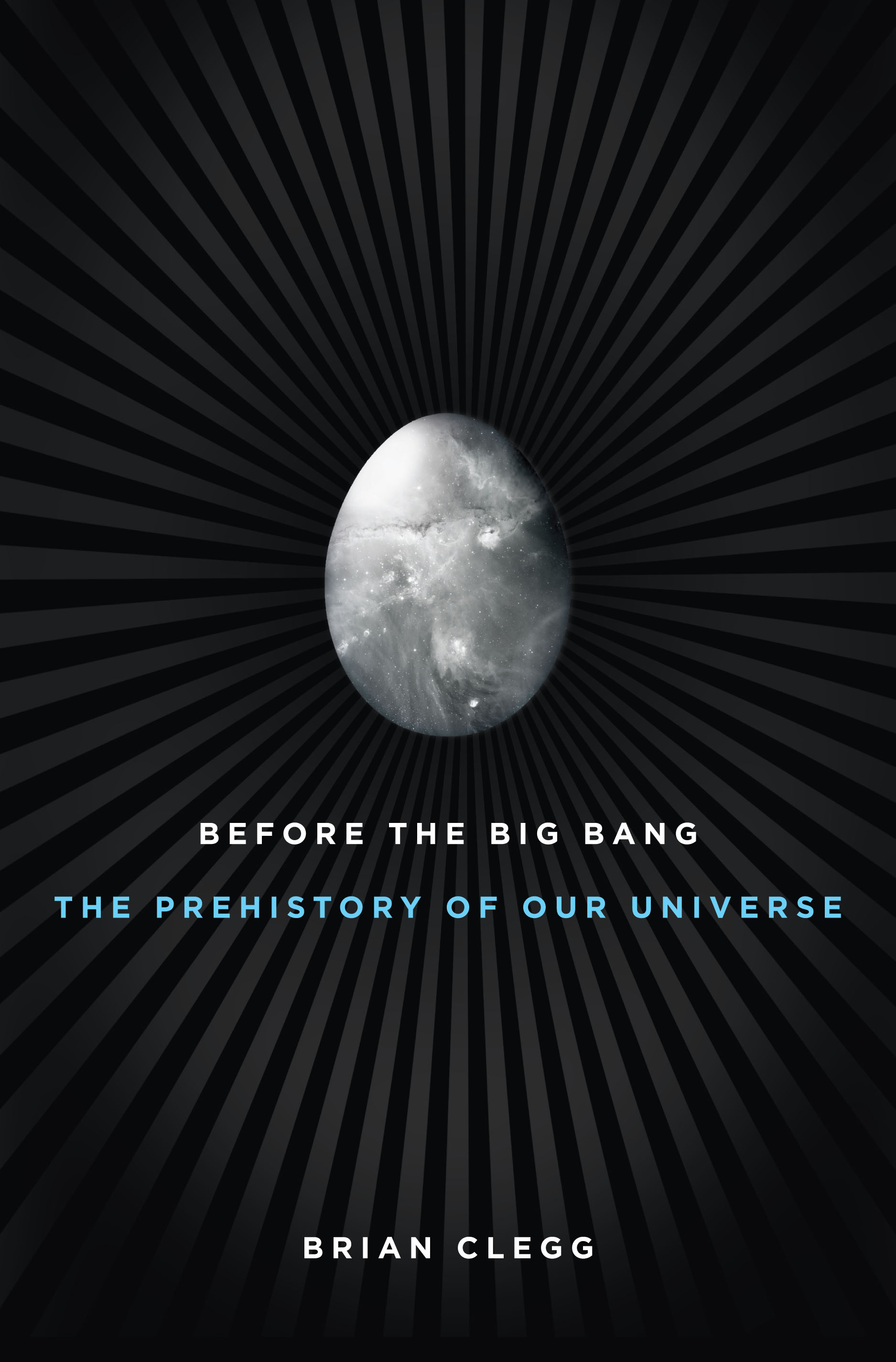
If you’d like a signed copy - it makes a great gift - purchase direct below when available. If you want a personalised inscription, just drop Brian an email at the same time with the details.
Paperback
Hardback
Kindle
Nook
Kobo
Apple
Using these links earns us commission at no cost to you
Reviews
Excellent popular history of how humans understand the universe.
Primitive cultures defined it simply as the earth and the sky. Early astronomers realized some heavenly bodies were more distant, and the ancient Greeks settled on a universe that encompassed the solar system—the sun and planets. European astronomers long suspected stars were more distant, but it was William Herschel (1738–1822) who described the Milky Way. Herschel theorized that our galaxy was one of many, but it took another century for astronomers led by Edwin Hubble (1889–1953) to prove it.
British science writer Clegg (Upgrade Me: Our Amazing Journey to Human 2.0, 2008, etc.) excels in recounting the struggle over our universe’s origin, which most—but not all—agree lies in a vast primeval expansion known as the Big Bang. Readers may roll their eyes as brilliant scientists propose explanations of how the Bang led to the universe we see today, only to confront new, unsettling astronomical phenomena—dark energy, dark matter—that create questions faster than they can be answered. The author emphasizes that, unlike relativity or evolution, Big Bang cosmology is not a coherent system backed by overwhelming evidence but a clumsy, ad hoc premise whose gaps are plugged with theoretical band-aids or simply left open to frustrate scientists.
Clegg follows the footsteps of Carl Sagan’s Cosmos, Steven Hawking’s A Brief History of Time and Timothy Ferris’s Coming of Age in the Milky Way. He shares his predecessors’ enthusiasm, eloquence and ability to explain complex ideas but provides a bonus by covering startling developments of the past decade. Anyone looking for an introduction to or a refresher course in cosmology need look no further. Kirkus Reviews (starred)
All in all, it is a fascinating read, and one that validates that irresistible urge to ask: "But what came before that?"... New Scientist
Summer Reading recommendations - August - Before the Big Bang - Los Angeles Times/Oregon Mail Tribune
It probably wasn’t big and there certainly wasn’t anyone around to hear it, but that’s the Big Bang. Sounds crazy, doesn’t it? Even Einstein thought so, at least at first. But as observational evidence has mounted, and as challenging theories have fallen out of favor, gradually the Big Bang has become, in the words of science writer Brian Clegg, “the most widely accepted scientific theory for the origin of the universe.’’
So here’s my question: What came before the Big Bang?.. Clegg spends most of his book drawing an elegant picture of the universe as we understand it, tracing how the Big Bang theory rose to prominence, and revealing its rather substantial flaws. He’s very good at reminding his reader of the speculative nature of cosmology. “It is not experimental,’’ he writes, “and there is no way to ever make it experimental.’’
Indeed, the existence of so many things, from dark matter to black holes to wormholes all has to be inferred. The Big Bang, too, is only provisional and seems to be waiting for a more graceful model to replace it. In Clegg’s words, the Big Bang theory “has the feeling of something held together with a Band-Aid.’’
Whether what came before our universe was another universe or nothing, or something else yet unconsidered, for now the most accurate answer might be: We just don’t know. Anthony Doerr The Boston Globe
The title of well-known science writer Clegg's newest is a bit of a teaser: as Clegg (A Brief History of Infinity) himself admits: “we may never have a definitive answer to the question, “What came before the Big Bang?” But there are lots of theories running around waving their hands to be noticed and get funding. Clegg devotes the first half of his book to the problems that face big bang theorists (when did the bang happen? How big was it? what caused it?). He then gives equal time to those who are looking to send that theory the way of phlogiston. Many alternative origin-of-the-universe theories postulate either that there have been cyclical universes—each ending in a Big Crunch, followed by another Big Bang, or that our universe really exists in a giant black hole,or that universes can bud off one another... Clegg's relatively jargon-free style makes for a good introduction for general readers. Publishers’ Weekly
Links to purchase books earn us commission at no cost to you

